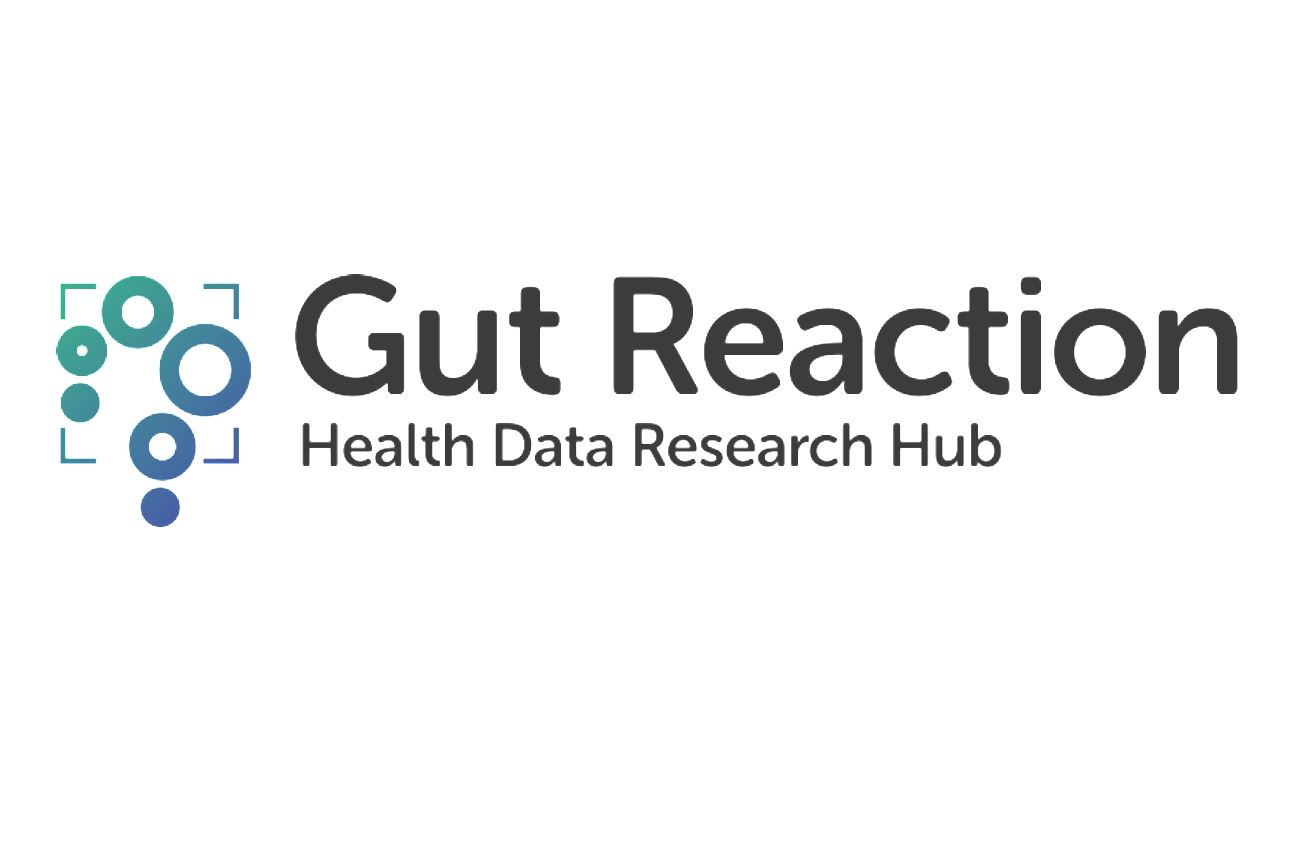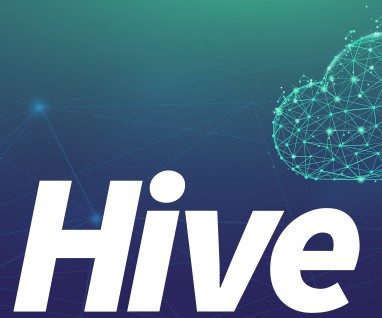Why I joined the Gut Reaction research project - Samantha, Patient Advisory Committee member at Gut Reaction
16 June 2021
High quality research into Crohn's and Colitis can only happen with the involvement of people affected by the conditions, and Crohn's and Colitis UK aims to involve as many people as possible in all aspects of research. Samantha tells us about her experience doing just that and how she has been involved with the Gut Reaction Hub, one of HDR UK's Health Data Research Hubs.
“I don’t have the same point of view as the researcher and they don’t have mine”
Samantha, living with Crohn’s
The benefit of bringing the point of view and experiences of people with Crohn’s and Colitis into research is that it helps research become more relevant. I live with my disease; I experience its impact and effects and some are manageable while some are intolerable. I think it’s difficult for anyone, even a gifted researcher, to imagine what those things are when they do not have the insight gained through experience.
This is what I bring, insights that might trigger a different approach. With the combination of my point of view and the researchers’ point of view, the scope we cover is vast. Ultimately, both of us – patient and researcher – want the same thing. To make it better for those affected.
“Crohn’s has changed my life”
Since my diagnosis twenty-two years ago I don’t have a firm way forward in terms of managing my condition and my health. I find this situation very upsetting, even maddening but certainly one that I believe has possible solutions and options.
Data and insight offer these real-world solutions, with the hope of a better outcome. If a positive result is a tree we need to fell, I want to take my small axe of data, add it to a battalion of axes and see if we can hack away at the cause of Crohn’s and Colitis. I want to see if we can understand more about Crohn’s and Colitis, and develop new ways of heading it off, of reducing its impact, of creating a future with new options to help others.
“Whilst I may not benefit directly from new treatments or medications, I do care about those that are and will be newly diagnosed”
The scope of health data held by the NHS and other organisations, and its potential benefit to offer insight, new pathways and treatments for us, the patients, is staggering. This data includes my own personal health data collected every time I use NHS services.
So, I want to get involved. I want to have some oversight into how my data is used. I want to use my skills, skills I worked extremely hard to gain and applied whilst working and being ill and put them to good use. I want to be able to offer the value I have back to the world.
“It’s an exciting way forward to think my data, and that of others, can ultimately improve my health”
I got involved by sitting on the Patient Advisory Committee (PAC), which was set up as part of the Gut Reaction project. It helps me to put my viewpoint across about health data, who accesses it and how and why it is accessed. It enables me to help co-design information that is focused on people living with Crohn’s and Colitis. I believe we are a vital part of the process and the solution and must be included and invited to get involved, at every level.
Being on the PAC also gives me the opportunity to be as productive as I can be. I am in that difficult position of being too sick to go back to work, yet not so sick that I can’t do a little something that is of value. It also helps and gives me a way of thinking of others. I found that I get so caught up in my own experience that I forget to look up or outside of myself, I forget to share what I know. As a PAC member I share and learn. It is a good way to take what you have, share it, use it and reshape it into a positive.
“One project I have worked on as part of the PAC is about accessing health data”
Who gets to use and see this data was overseen by a steering group, primarily made up of academics and professionals.
All applications made to access this data have to go through a vetting system, which ensures the data is used in a safe and transparent way. The PAC noticed that there was only one patient sitting on that steering group. We didn’t think that was enough and so we led the change, so at least 2 patients sit on the assessing panel.
It seems right that patients are involved in the assessment process as the data source holds patient data. The willingness to adapt the systems and approaches to accessing health data is invigorating. Everyone, that is, researchers, academia, health agencies, government and patients recognise that an inclusive way of working together benefits us all. At the heart of the use of health data is the principle and value of trust.
“Without trust, we will not benefit from the value of NHS health data”
My favourite part of research is change. I like that my participation and feedback can and has changed the way information is presented or used. What is known to me and unknown to another keeps us apart. In research, this known and unknown is shared and out of that pooling of knowledge and insight, comes something new.
Being a part of change for the better gives me a sense of value and importance. I like that we have the opportunity to use the information locked within the NHS about patients and their conditions. Whichever way I look at the topic of health data research, all I can see is the person living with the condition and, I hope, improvement in their health.
My advice to anyone who lives with a long-term condition and wants to get involved in research is to not overthink it. My reasons may sound grand, but I am one out of a group of fifteen PAC members and we are each very different. What brings us together is knowing we share an illness, an understanding and a mutual respect for the journey we have been on and are going through. It requires some attention and time to be a part of the group, so know what you can realistically do.
Then, find something that works for you – there are lots of opportunities. Patient Involvement is just that, getting involved because you are and have been a patient. Therefore you have knowledge and experience of everything that is related to being a patient – from the condition and its effects to the barriers you face. You know the limits, the impact on your quality of life, the good days and the bad. You also have experience of the medications and surgeries, the benefits and risks you manage, and the wins and losses.
Remember, there are no stupid questions!
Your understanding of what is important is what is needed. The skills to get your message across can and may be offered via a training course or learning as you go. Remember, what you bring is important and of value. If you are in doubt about anything, ask for support. The researchers want to keep you involved and so can help if something is preventing you from contributing.




